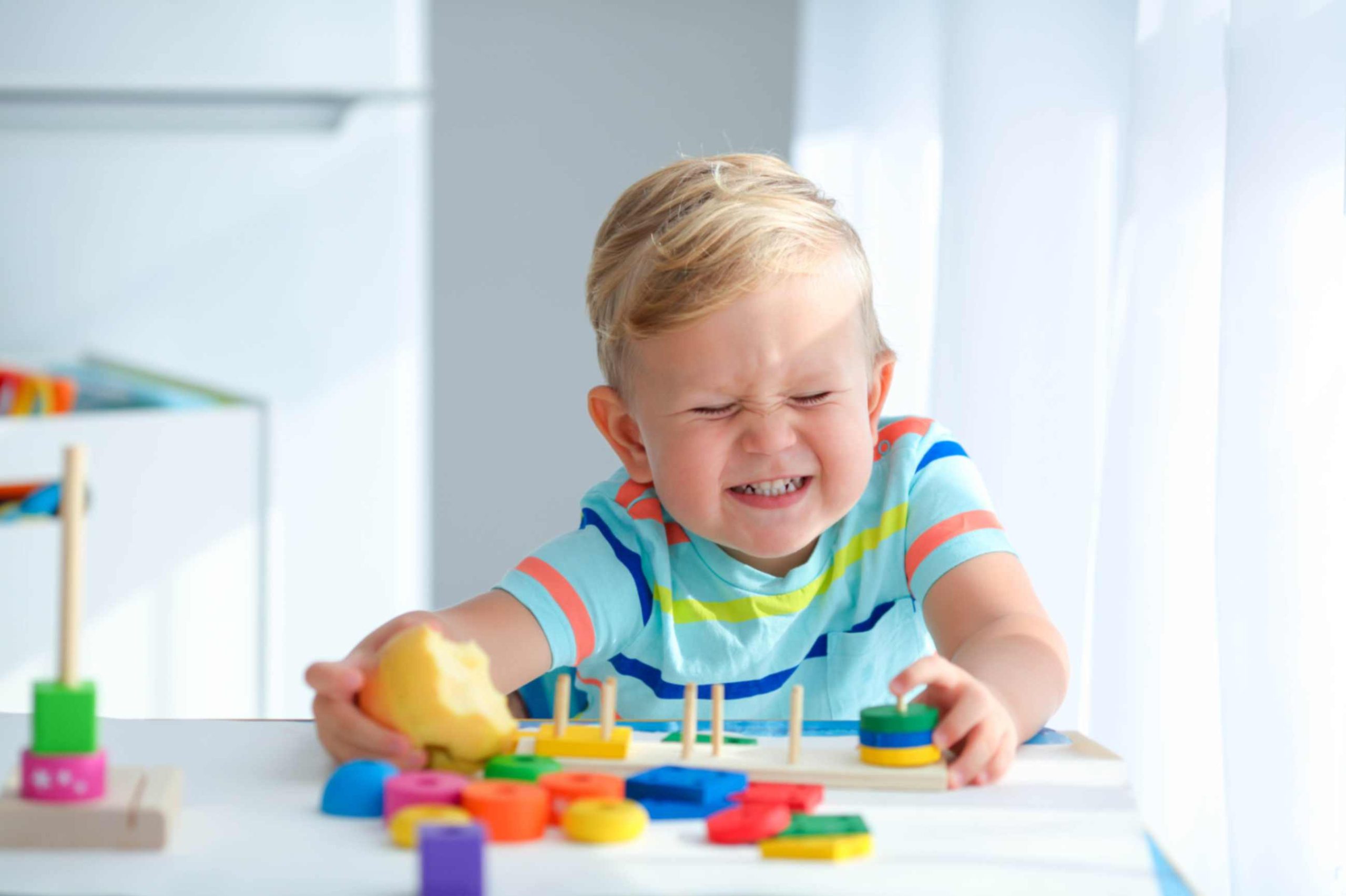>
Nursery>
Helping Your Toddler Navigate Their Feelings: Expert Tips for ParentsHelping Your Toddler Navigate Their Feelings: Expert Tips for Parents

- by Admin
Helping Your Toddler Navigate Their Feelings: Expert Tips for Parents
Understanding your toddler’s emotions can be one of the most meaningful—and, at times, challenging—parts of parenting. Those big feelings can appear out of nowhere, and knowing how to respond isn’t always easy.
That’s why this parent guide on toddler emotions offers simple, nurturing ways to help your little one understand and express their feelings with confidence and calm.
Why Understanding Your Toddler’s Emotions Matters
Toddlers experience powerful emotions long before they have the words to explain them. Recognising and responding to these early feelings builds security and supports lifelong mental health.
Emotional development in the early years is key to forming healthy relationships and resilience later in life. Most emotional patterns are shaped in the early years of childhood, so the way you respond now can have a lasting impact on your child’s development.
A few key ideas can help you understand what’s happening beneath those big feelings.
The Science Behind Toddler Emotions
A toddler’s brain is still learning how to regulate emotions. Outbursts, tears, or clinginess aren’t “naughty” behaviour; they’re signs of a developing nervous system.
Common Feelings Toddlers Struggle to Express
Frustration, jealousy, fear, or excitement can all appear as tantrums or withdrawal. Spotting the emotion behind the action helps you respond calmly and guide them through it.
How to Teach Your Toddler to Express Feelings Calmly
Teaching your toddler to express emotions begins with showing empathy and giving them the words to use.
Here’s how you can make it a natural part of your day.
Name and Validate Emotions
Say things like, “I can see you’re sad because your tower fell; that’s okay.” When children feel understood, tantrums can reduce by almost half.
Use Books and Stories to Teach Empathy
Stories help toddlers see how others feel and practise empathy through characters they love.
Encourage Creative Outlets for Big Feelings
Activities like painting, dancing, or playing music provide a safe space for toddler emotions to flow freely.
Creating a Safe Space for Toddler Emotions at Home and Nursery
Toddlers need consistent reassurance that all feelings are welcome, even the tricky ones.
Here’s how you can gently nurture your toddler’s emotional confidence.
Routine and Consistency Build Trust
Regular mealtimes, sleep, and play give children a sense of safety and predictability.
Strong Home–Nursery Connections Build Security
Regular communication between parents and nursery staff helps children feel safe, supported, and understood in both settings.
Role of Nursery and Daycare in Wimbledon in Emotional Growth
Daycare settings in Wimbledon, such as Wimbledon Day Nursery, help toddlers build emotional confidence through social play, guided sharing, and caring support from trained staff.
When to Seek Professional Support
If your toddler’s emotions seem overwhelming or constant, seek advice from your GP or local early years specialist. Early support can make a big difference, helping your child learn healthy ways to manage and express their feelings.
Wimbledon Day Nursery — Helping Toddlers Feel Safe, Seen, and Supported
Patience, empathy, and attention create the foundation for emotional wellbeing. At Wimbledon Day Nursery, we create a warm, supportive space where toddlers feel seen, safe, and confident to express every emotion. Get in touch with us today to learn how we help your child thrive.
FAQs
Q1. My toddler has daily tantrums — is that normal?
Yes, it’s perfectly normal. Tantrums are how toddlers express frustration or big feelings they can’t yet explain. They’re part of learning emotional control, not a sign of bad behaviour.
Q2. How can I teach my toddler to express feelings with words instead of crying?
Model emotional language every day. When you describe your own feelings or label theirs gently — “You’re sad because the toy broke” — they start to copy and learn that words can replace tears.
Q3. What’s the best way to comfort my child when they’re overwhelmed?
Offer calm, physical reassurance first. A hug, gentle tone, or soft words help settle their body before they can process what happened — then talk it through once they’re calm.
Q4. When should I worry about my toddler’s emotions?
Seek help if strong emotions happen very often or seem hard to manage. If your child is regularly distressed, withdrawn, or aggressive, speak with your GP for guidance.
Q5. How does nursery or daycare help with toddler emotions?
Nurseries give toddlers safe spaces to learn about feelings through play and social interaction. At Wimbledon Day Nursery, our trained team supports emotional growth with gentle routines and caring guidance every day.
